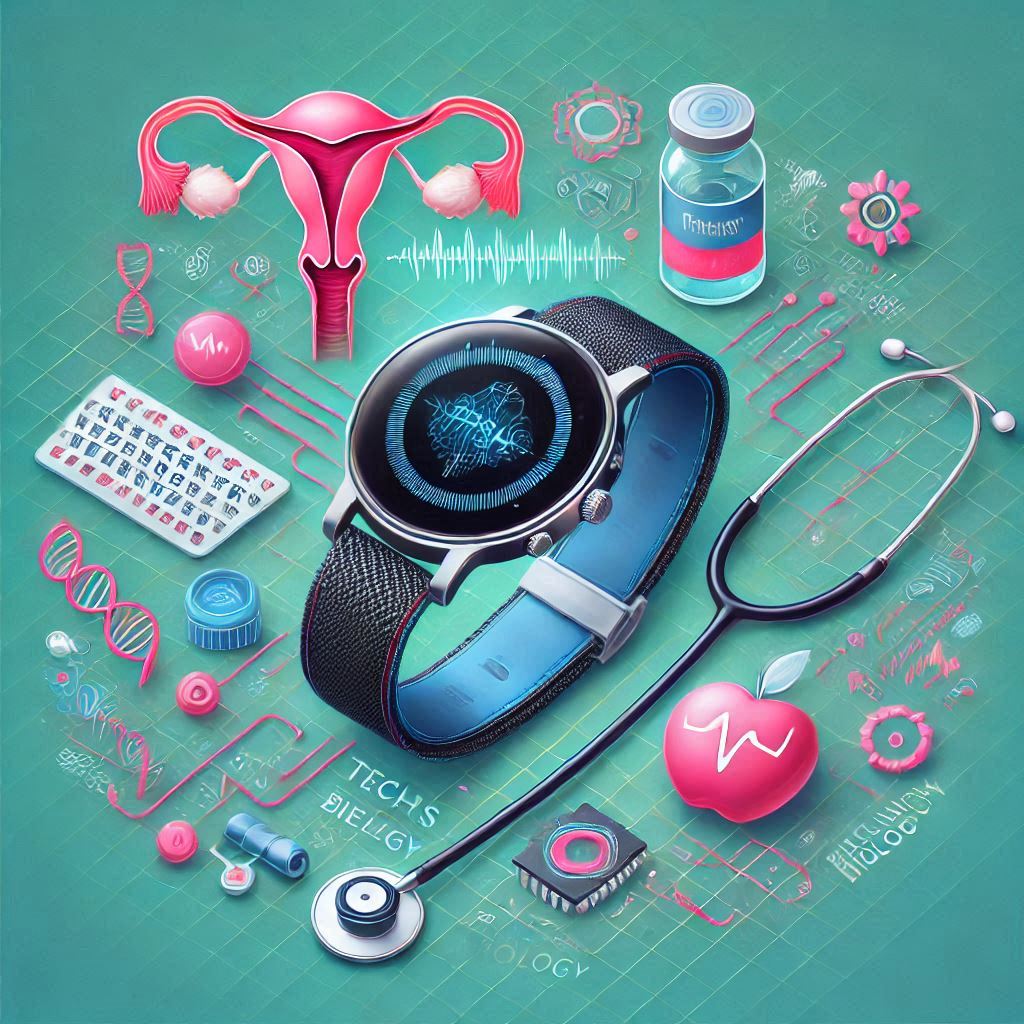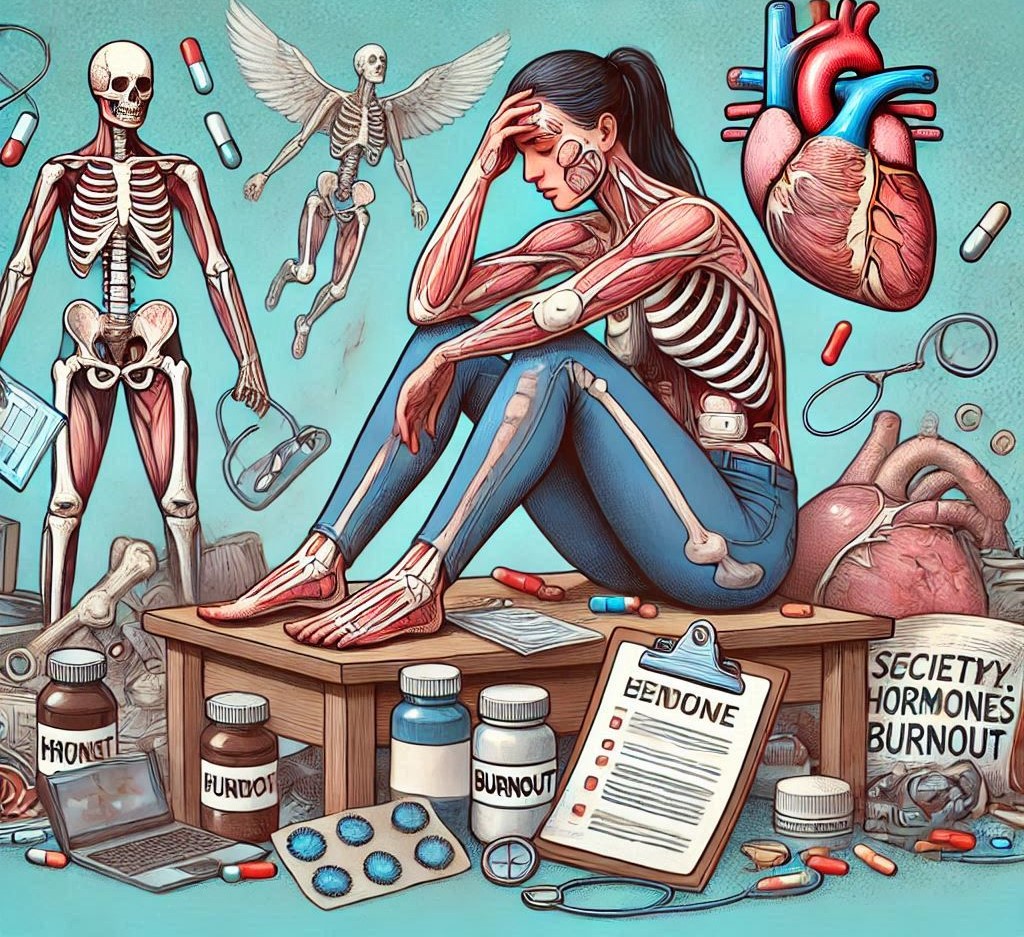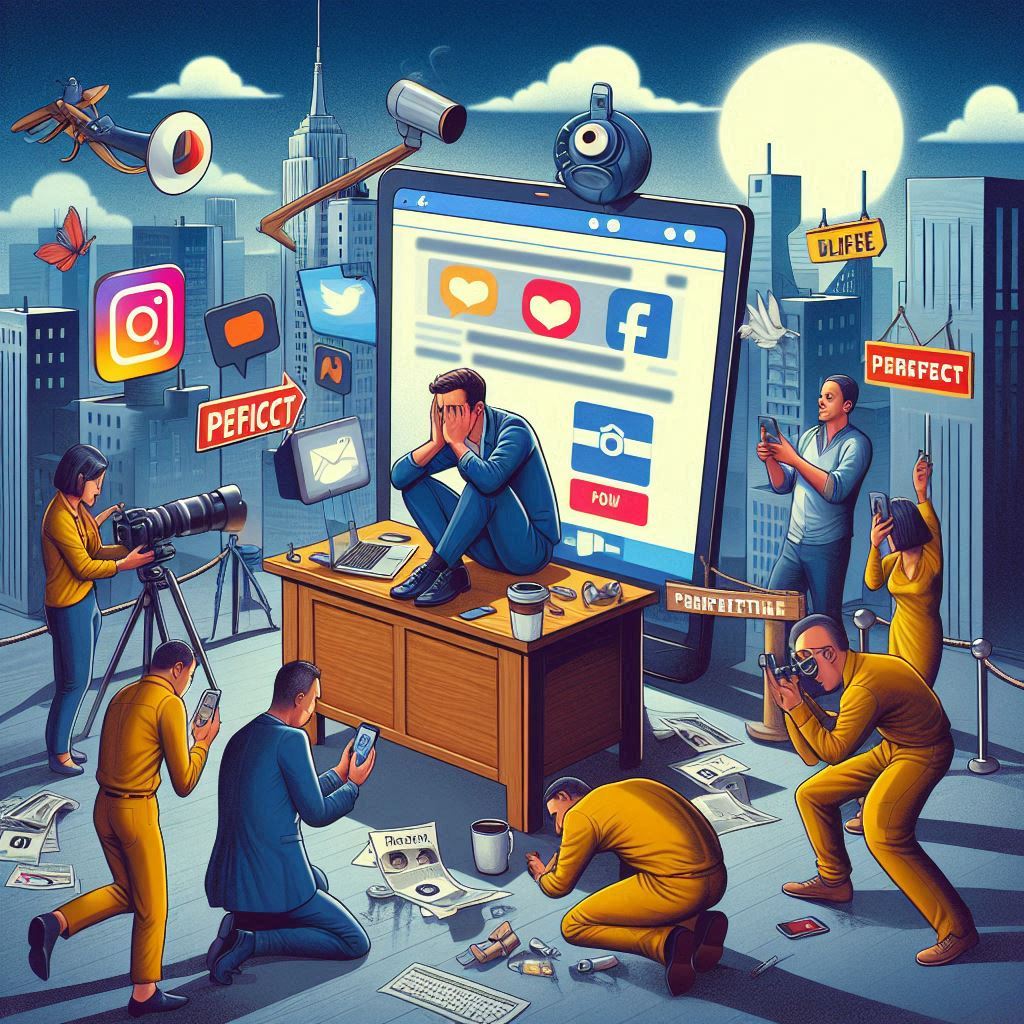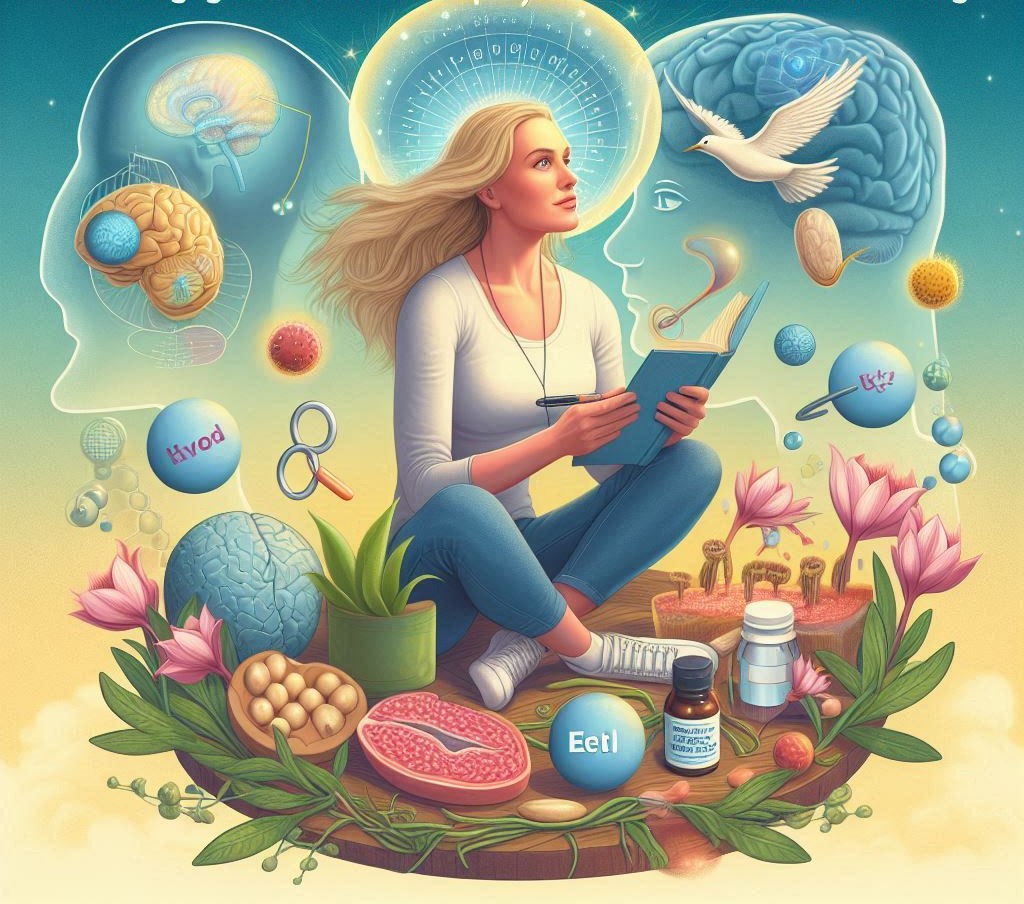-

Tech Meets Biology: The Role of Wearable Technology in Monitoring Hormonal Health
The intersection of technology and biology has revolutionized healthcare, particularly in the realm of hormonal health. Wearable technology is at the forefront of this transformation, enabling real-time monitoring of hormonal fluctuations and offering insights into their effects on physical and mental well-being. These devices provide a bridge between continuous data collection and personalized care, empowering…
-

Stress, Hormones, and Burnout: How Societal Expectations Compound Physical Health Risks
Stress is an inevitable part of modern life. However, its pervasive presence and the intensity of its impact often go unaddressed. Particularly when societal expectations and hormonal influences intertwine, stress transcends the psychological realm and becomes a significant driver of physical health risks. The pressure to excel in professional life, fulfill caregiving duties, and conform…
-

Social Media and the ‘Perfect Life’ Syndrome: Breaking Free from Unrealistic Standards
Social media has transformed the way we connect, communicate, and consume information. Platforms like Integra, Ticktack, and Facebook provide endless opportunities for self-expression and global connectivity. Yet, beneath the surface of scrolling and liking lies a pervasive issue: the “perfect life” syndrome. This phenomenon refers to the unrealistic and idealized portrayals of life that dominate…
-

Beyond Estrogen and Testosterone: The Overlooked Hormonal Players in Emotional Well-Being
When it comes to understanding emotional well-being, the usual suspects—estrogen and testosterone—often dominate the discussion. While these hormones play a pivotal role in reproductive health and secondary sexual characteristics, they are only a part of a larger, more intricate hormonal network that influences our mental and emotional states. This network includes other critical players such…

Monday – Saturday 9AM – 5PM
Sunday – CLOSED





